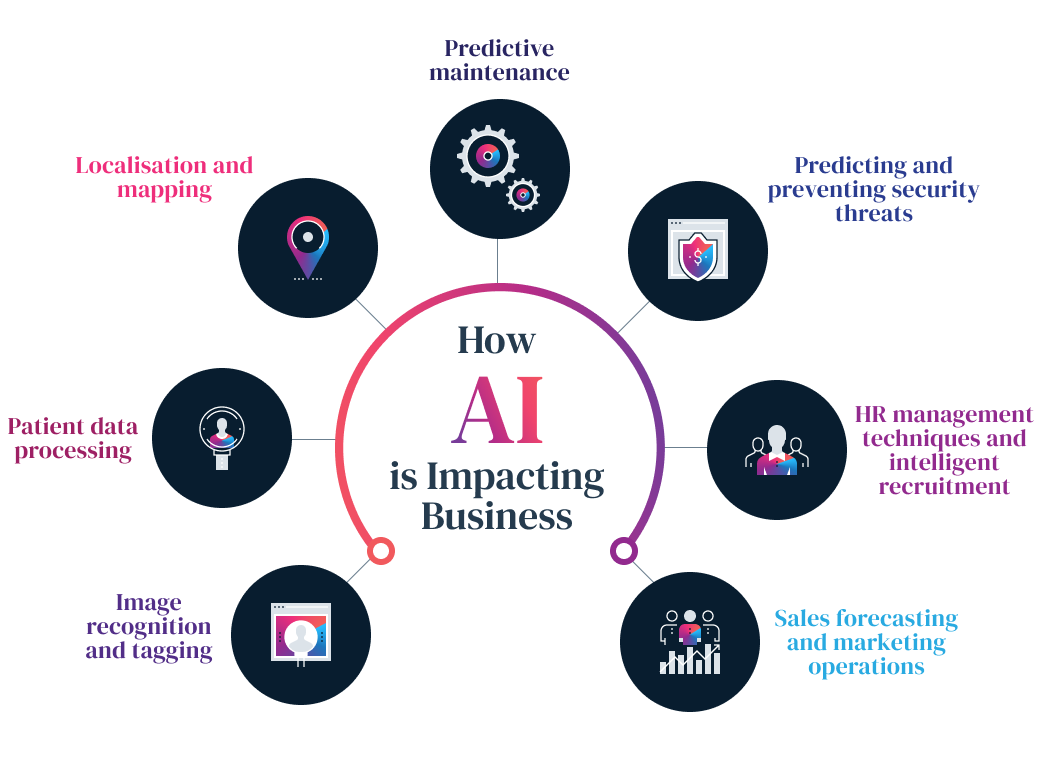If you’ve spent any time on LinkedIn in the past week, you’ve probably come across a post (or ten) about ChatGPT or other artificial intelligence (AI) buzzwords. But despite the hype, few business leaders – or even tech workers – understand how these tools use data to gain insight and generate commercial value.
Considering that South Africa has an increasingly developed information and communication technology (ITC) market, the Global Institute for Data Science predicts AI skills and machine learning will be in high demand in the country in the next couple of years. Globally, The World Economic Forum’s Future of Jobs report predicts that 97 million jobs involving AI will be created by 2025, transforming virtually every industry as humans, machines, and algorithms increasingly work together. Worryingly, South Africa has a severe shortage of developers in the workplace who are skilled to take on these roles.
A UCT study looked at the low adoption of AI in South African Small to Medium Enterprises (SMEs), despite having access to AI tools as part of their enterprise resource planning and having a clear understanding of the benefits. It’s regarded as a problem, as the SME sector is essential to economic growth, and by embracing AI, this sector could enhance its ability to compete on a global stage. The author suggests the reasons are the perceived lack of IT maturity to adopt and manage these AI tools, and a fear of losing control of critical business processes to a machine-based algorithm.
One of the ways to remedy the situation is proffered by IITPSA, which holds that CIOs have to move away from being the custodians of a company’s IT department to having a seat at the strategic table where they can combine their business knowledge with their technical expertise to become value generators and change evangelists. Another positive approach comes from SARS, which plans to harness big data and AI for tax collection by developing the necessary data science skills in-house – instead of outsourcing the skills and never owning them.
What is AI?
The Science Daily journal describes AI as “the study and design of intelligent agents where an intelligent agent is a system that perceives its environment and takes actions which maximise its chances of success.” Simply put, it’s the cloning of human intelligence processes by machines, primarily computer systems, and is geared at problem-solving by combining computer science with robust datasets.
Machine learning (ML) and deep learning fall under AI. ML is AI that automatically adapts with only minimal human interference. On the other hand, deep learning is a subset of ML and uses artificial neural networks to copy the human brain’s learning process.
How AI is impacting businesses
McKinsey’s research into ML has found that businesses that have invested in infrastructure to support scaled AI initiatives achieve a 3-15% higher profit margin. So what are the AI technologies that have seen the most adoption? Statista crunched the data signalling how businesses use AI and found the following practices to be most common:

We’d add to this list innovation in AI-driven voice and speech recognition software that has created the ability to transcribe voice notes or mails into text and allows users to issue commands with their voice. Through Natural Language Processing (NLP) and ML, these voice-activated technologies will soon be used in banking, healthcare and retail environments.
Chatbots are one of the most visible consumer-facing applications of AI and ML, and most will agree there is lots of room for improvement. In the near future, chatbots will become more sophisticated through AI behavioural prediction that will help the bot understand complex requests and predict customers’ intent. This will give the customer more options, and the bot can gather better information to guide the user in the right direction.
Two cutting-edge AI programmes spilling over into the human creativity domain are OpenAI’s GPT-3 text generator and the image generator DALL-E 2. Both focus on generating human-like creations by drawing on massive data sets and vast computing power while giving the appearance of original thought. While some are concerned they’ll take the place of artists and writers, the possibilities here are for creative people to use the technology to help their workflow, inspire them, and create even greater original ideas.
Industries that will most benefit from AI
The ability to learn from human interactions will transform how businesses leverage information, make decisions and execute actions. It’s predicted to produce significant financial results as it streamlines mindless tasks, helps perform new ones and frees us up to do greater things. These are the industries predicted to benefit most, and examples of how they’ll use AI in the near future:
- Retail and e-commerce – for superior customer service and AR/VR capabilities to create interactive product catalogues
- Healthcare – data mining for more accurate diagnosis and treatment, medication and medication management, medical imaging, drug discovery and robotic surgery
- Logistics and transportation – forecasting customer demand, analysing traffic and weather to optimise routes, advanced image recognition to identify the condition of products, and cognitive automation to create self-driving supply chains
- Food technology – automate food content analysis tasks, analyse the effects of variables to raise the perfect crops, and super-intelligent harvesting machines
- Financial services and banking – reduce claim processing time, detect fraudulent transactions, Robo-financial advisors, and analyse personal and other data lightning fast to help customers make investment decisions and choose insurance and other products
- Travel – virtual concierge, facial identification for quick service and security, bespoke travel experiences, travel mapping, photo ID for baggage handling, and AI-augmented virtual travel assistants
- Real estate – find the perfect match for people looking to buy, rent or sell property, and analyse and combine property data, such as location, sales transactions and home features, to generate automated appraisals
- Manufacturing – predict disruptions, bottlenecks and maintenance, image recognition for quality control, and AI-enabled generative design
- Entertainment and gaming – NLP to create scripts for storyboarding, plan filming schedules and locations, develop creative content, and, in gaming, automatically create new content, interactive stories, environments, levels, and even music by analysing player behaviour and emotions
- Education – create individualised learning paths for any subject, produce smart content to increase educational efficiency, and speech-to-text, text-to-speech (real-time, in multiple languages) and VR and AR technologies to enrich the learning process and create immersive environments
From self-driving cars to developing treatments for brain cancer, or systems that can turn words into beautiful works of art, AI is society’s future. Whether you’re a CEO, head up the IT department at an SME, or are an AI and ML specialist who wants to learn how AI extracts business value, we invite you to our exciting AI – A Practical Approach online short course. It has been expertly crafted to demystify AI and will enable you to diagnose, implement, measure and build this essential technology for personal and organisational impact.


